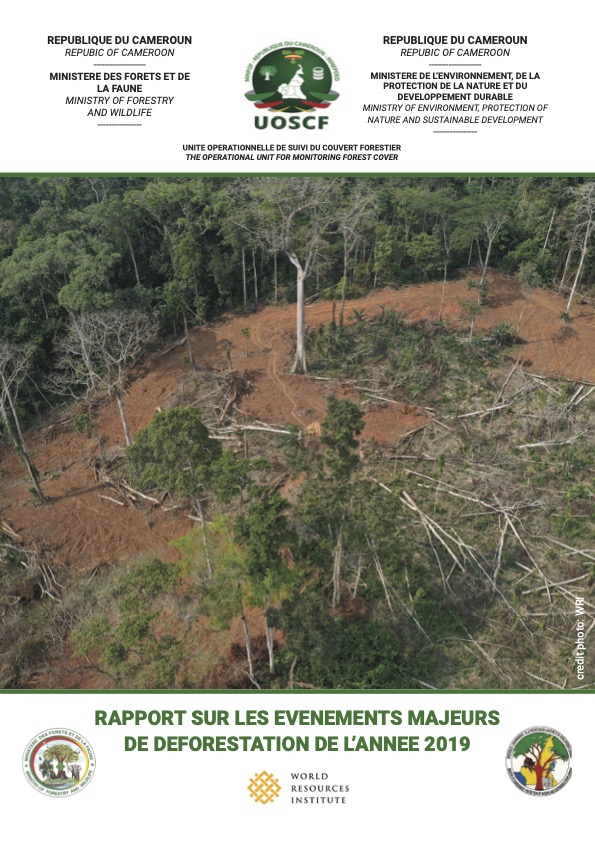Focal point
Location
World Resources Institute
The World Resources Institute is a global environmental think tank that goes beyond research to put ideas into action. We work with governments, companies, and civil society to build solutions to urgent environmental challenges. WRI’s transformative ideas protect the earth and promote development because sustainability is essential to meeting human needs and fulfilling human aspirations in the future.
WRI spurs progress by providing practical strategies for change and effective tools to implement them. We measure our success in the form of new policies, products, and practices that shift the ways governments work, companies operate, and people act.
We operate globally because today’s problems know no boundaries. We are avid communicators because people everywhere are inspired by ideas, empowered by knowledge, and moved to change by greater understanding. We provide innovative paths to a sustainable planet through work that is accurate, fair, and independent.
Resources
Displaying 6 - 10 of 94Rapport sur les evenements majeurs de deforestation de l’annee 2019
Dans le cadre du Suivi du Couvert des forêts du Cameroun, le Ministère des Forêts et de la Faune (MINFOF) et le Ministère de l’Environnement, de la Protection de la Nature et du Développement Durable (MINEPDED) par le biais de l’Unité Opérationnelle de Suivi du Couvert Forestier (UOSCF) en collaboration avec son partenaire technique et financier World Resources Institute (WRI) ont éla- boré le rapport annuel sur les évènements majeurs de déforestation (EMD).
Mapping Together: A Guide to Monitoring Forest and Landscape Restoration Using Collect Earth Mapathons
Mapping Together helps people use Collect Earth mapathons to monitor tree-based restoration. Collect Earth enables users to create precise data that can show where trees are growing outside the forest across farms, pasture, and urban areas and how the landscape has changed over time. Building on WRI and FAO’s Road to Restoration, a guide that helps people make tough choices and set realistic goals for restoring landscapes, Mapping Together takes this process one step further.
EN IGUALDAD DE CONDICIONES. Prácticas prometedoras para la materialización de los derechos de las mujeres a las tierras de posesión colectiva
La gobernanza sostenible de la tierra requiere que todos los miembros de una comunidad, tanto mujeres como hombres, tengan los mismos derechos y voz en las decisiones que afectan a sus tierras de propiedad colectiva. Lamentablemente, las mujeres de todo el mundo tienen menos tierra en propiedad y derechos más débiles que los hombres, pero esto puede cambiar, y este informe muestra cómo hacerlo.
On Equal Ground: Promising Practices for Realizing Women’s Rights in Collectively Held Lands
Sustainable land governance requires that all members of a community, both women and men, have equal rights and say in decisions that affect their collectively-held lands. Unfortunately, women around the world have less land ownership and weaker land rights than men – but this can change, and this report shows ways how that can be done.
Playbook for Guiding Diners Toward Plant-Rich Dishes in Food Service
This playbook details 23 behavior change strategies to help food service companies support diners in choosing more sustainable, plant-rich dishes when shopping or dining out – action that’s important for meeting global emissions goals and achieving the Paris Agreement on climate change.







